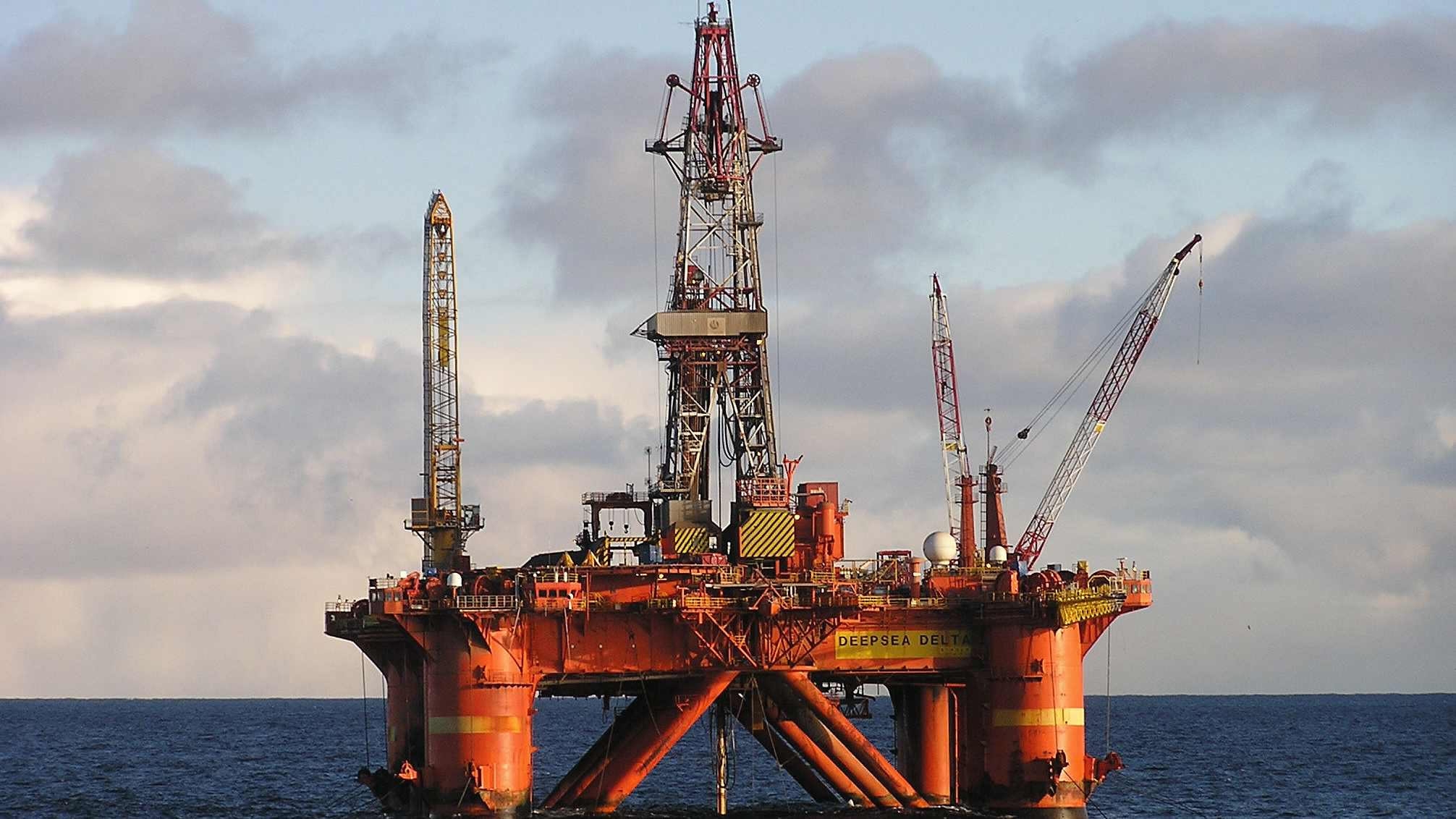
Business
14:55, 10-Jul-2017
EU-Norway crab row could fuel oil tensions in Arctic

On the face of it, a relentless battle between the European Union and Norway in a remote part of the Arctic is about snow crabs.
But the real fight may go beyond who gets to catch the modest crustaceans around Svalbard, a unique Norwegian archipelago in the Barents Sea.
What is really at stake is oil, some experts say, and a coming race for the commodity of which there is a lot in the polar region.
"No country wants to give up resources without receiving anything in return. That is the principle here, too," Norwegian Fisheries Minister Per Sandberg said.
Norway, which is not a member of the EU, has slammed Brussels for authorizing European vessels from mainly Baltic nations to fish for crabs in the Svalbard area, saying it violates its national sovereignty.
A Latvian ship has already paid the price. In January, a ship called "The Senator" was intercepted by Norwegian coast guards while crab fishing around Svalbard, and recently received a hefty fine.
"What happened is totally new," says Sandberg. "The EU is unabashed to make this kind of a decision without consulting us."

The Barents Sea /VCG photo
The Barents Sea /VCG photo
The EU and Norway's conflicting interpretations of the 1920 Svalbard Treaty signed in Paris are at the heart of the problem.
The treaty recognises Norway's "full and absolute sovereignty," but gives the signatory nations an equal right to economic activities on Svalbard and its territorial waters.
The core issue is to agree on the geographical scope of the treaty and how far all signatory states benefit from an equal access to resources.
With a strict interpretation of the treaty, Oslo says the agreement applies only to the 12-mile limits of the territorial waters surrounding Svalbard and not any further.
But Brussels has a more loose interpretation of the treaty and says it covers 200 miles around Svalbard, in line with the concept of an economic zone that did not exist when the treaty was signed.
(Source: AFP)
5906km

SITEMAP
Copyright © 2018 CGTN. Beijing ICP prepared NO.16065310-3
Copyright © 2018 CGTN. Beijing ICP prepared NO.16065310-3